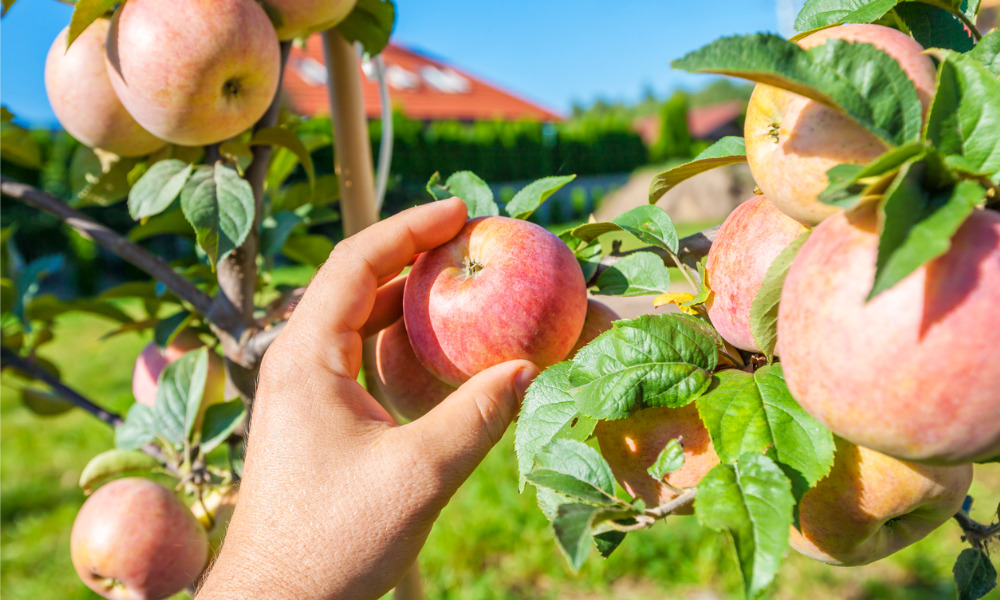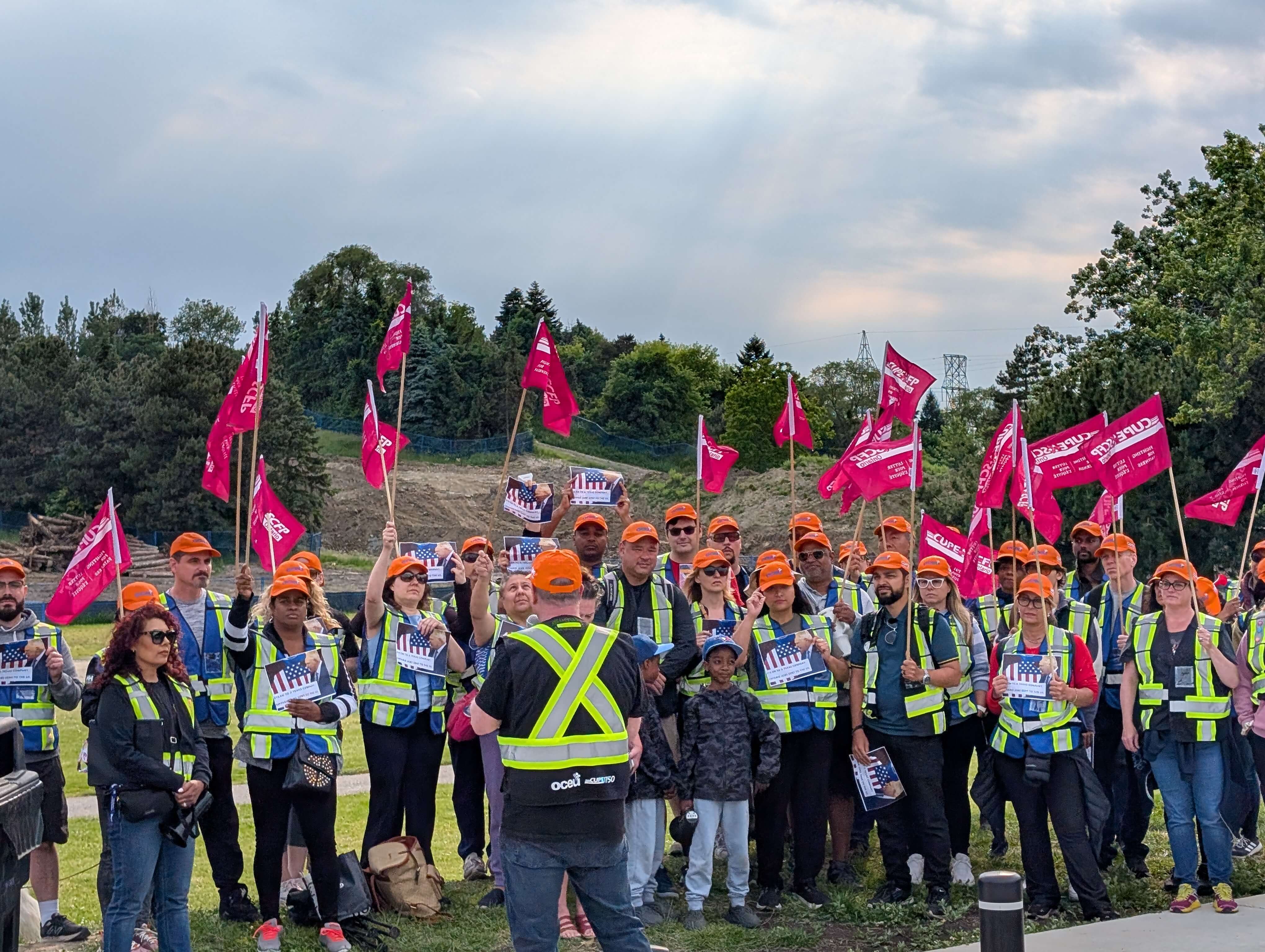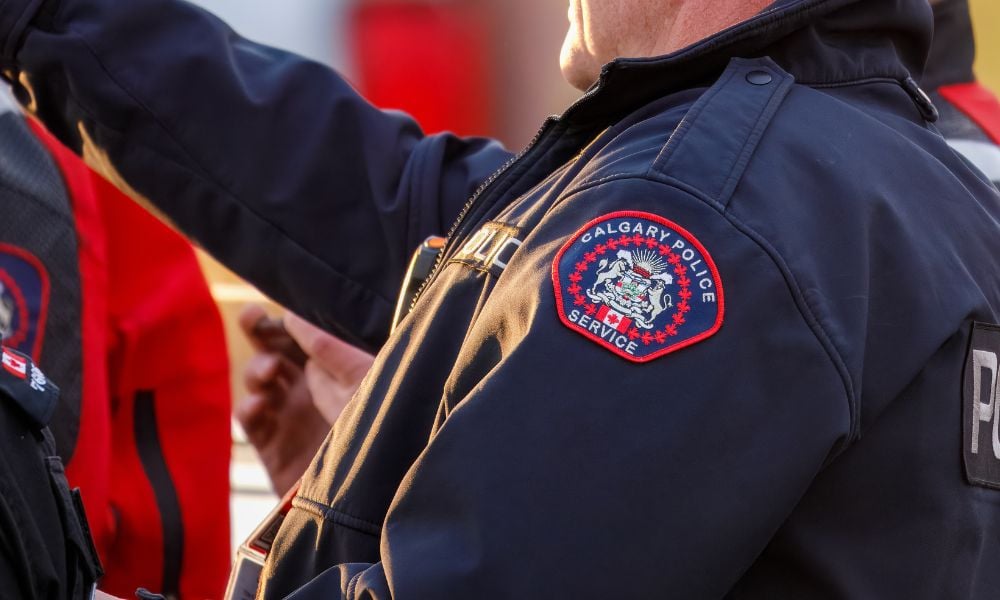‘Our government is protecting these workers and local residents by making sure workers have a safe place to camp and are educated on the rules and guidelines’

British Columbia is providing funding for the Okanagan communities to help with the annual arrival of seasonal fruit pickers and to better protect workers’, employers’ and communities’ health and safety with respect to COVID-19.
Through the investment, the government is helping set up designated campsite accommodations and ensure they meet health and safety requirements as outlined by the provincial health officer.
“Seasonal fruit pickers are a crucial part of our food supply system, helping to get delicious, B.C.-grown fruit, such as cherries, apples, grapes and berries, onto our plates,” said Lana Popham, minister of agriculture. “Our government is protecting these workers and local residents by making sure workers have a safe place to camp and are educated on the rules and guidelines Dr. Bonnie Henry has put in place here in British Columbia. The goal is to ensure community safety and this is an important step towards that.”
All seasonal fruit pickers will also need to take a new online COVID-19 awareness course through AgSafe, an independent association representing B.C. farm employer and worker organizations. The course will outline the rights and responsibilities of both employers and workers when it comes to COVID-19 and the provincial health officer’s rules and guidelines.
Seasonal workers will have to complete the AgSafe COVID-19 awareness course, pass the online quiz and present proof of completion to employers to be able to stay at these campsites. The online course is available in English and French and includes information on physical distancing, hygiene and cleaning, work pods, transportation, tools and equipment, safeguarding community and First Nations health and monitoring employee health.
The course is available on AgSafe’s website and will be distributed by the BC Agricultural Council and BC Fruit Growers’ Association to their members, said the government.
The Province has offered initial support at Loose Bay campground in Oliver and two camping accommodation sites in Creston. The Ministry of Agriculture has provided the Regional District of Okanagan-Similkameen with $60,000 and the Creston Valley-Kootenay Lake Economic Action Partnership with $112,000 to help support these camping sites with on-site co-ordination and ensure they meet health and safety requirements. Campsite accommodations are also currently being explored in Summerland, Osoyoos, Naramata and the Similkameen, according to the government.
“Domestic temporary workers are a designated essential service and they are a crucial and appreciated resource in maintaining part of the food supply system,” said Karla Kozakevich, chair of the Regional District of Okanagan-Similkameen. “Providing seasonal accommodations at Loose Bay Campground helps agricultural workers remain safe and available for service.”
Recently, the federal government launched the $77.5 million Emergency Processing Fund (EPF) for the agriculture sector as part of its actions to support Canadians and businesses facing hardship as a result of COVID-19. Farmers group Potato New Brunswick also called for immediate action from the federal and provincial governments, saying that delays in rolling out a COVID-19-related support program for Canadian agriculture “may spell doom for potato farmers”.





